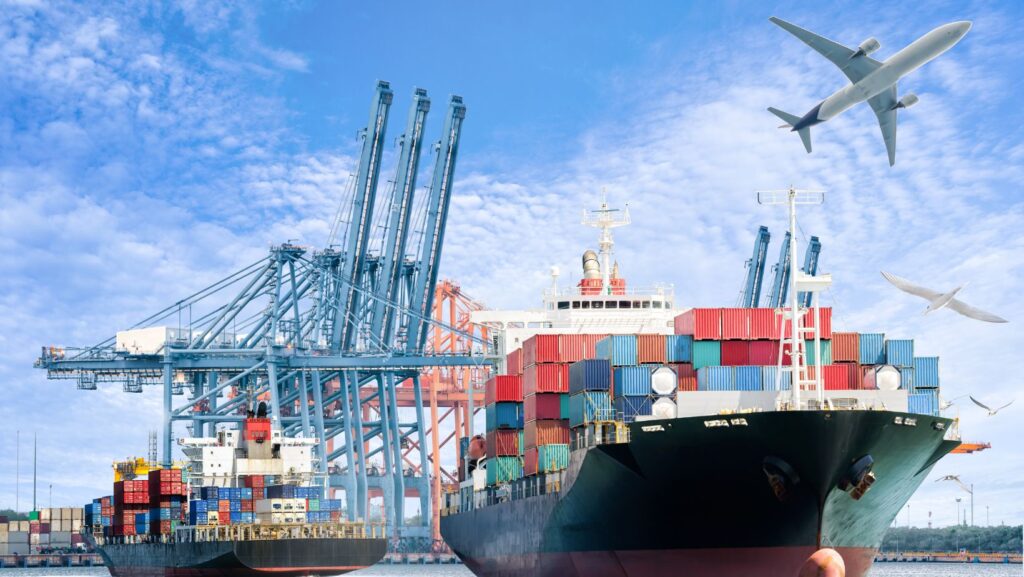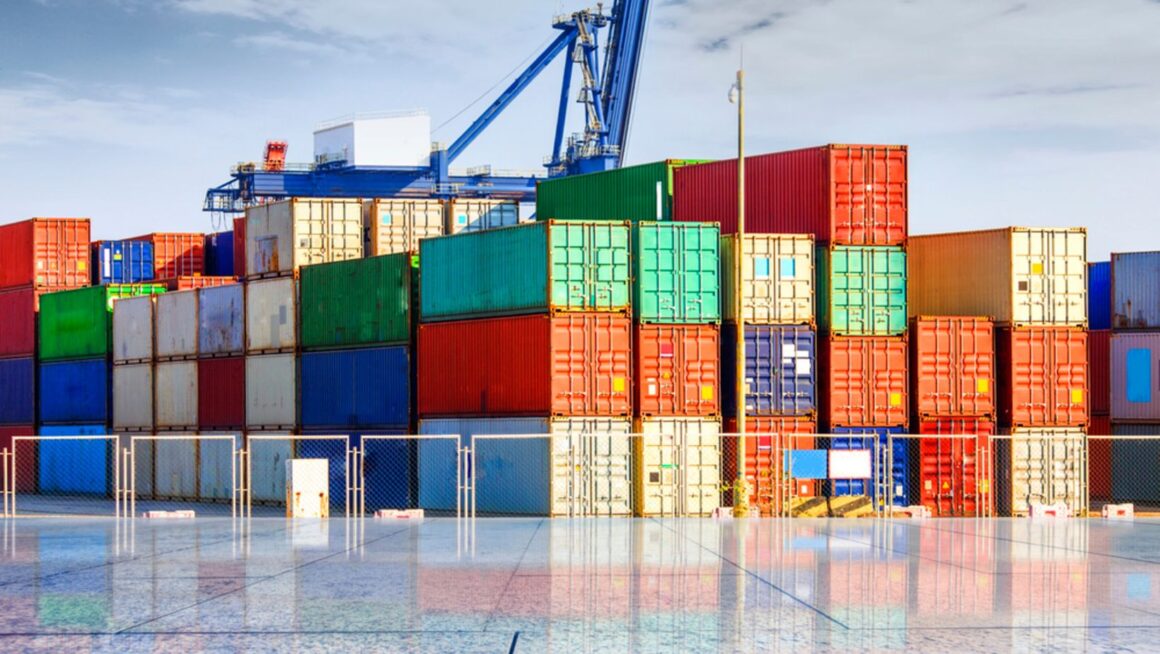
Innovation doesn’t always arrive with fanfare. Sometimes it emerges quietly from the practical needs of everyday business operations. In the world of regional transport, we’re witnessing a transformation that extends far beyond simply moving items from point A to point B. This evolution represents a goldmine of opportunity for forward-thinking entrepreneurs and established businesses alike.
The transport sector is experiencing its most dynamic period in decades, driven by technological advancement, changing consumer expectations, and the rise of specialized service models. For those ready to seize the moment, this represents the perfect storm of opportunity.
Identifying Untapped Niches
Success in regional transport often comes from recognizing specific market gaps that larger companies overlook. While major logistics corporations focus on high-volume, standardized routes, countless specialized transport needs remain underserved.
Consider the growing market for vintage vehicle restoration. Classic car enthusiasts, motorcycle collectors, and automotive dealers require careful, specialized transport services that generic shipping companies cannot provide. These niche markets often pay premium prices for expertise and reliability.
Similarly, the rapid growth of e-commerce has created demand for last-mile delivery solutions, reverse logistics for returns, and specialized handling of fragile or high-value items.
Technology as the Great Equalizer
Modern technology has democratized the transport industry, allowing small operators to compete effectively with established players. GPS tracking, route optimization software, and digital communication platforms that once required massive investment are now accessible to any entrepreneur with vision and determination.

Real-time tracking systems build customer confidence and reduce support calls. Automated scheduling software maximizes vehicle utilization and minimizes empty miles. Digital payment platforms streamline transactions and improve cash flow. These tools level the playing field between startup operations and industry giants.
Building Strategic Partnerships
Regional transport success increasingly depends on creating networks of mutually beneficial relationships. Smart operators partner with complementary businesses to expand their service offerings without additional capital investment.
Auto dealerships, repair shops, and auction houses represent natural partnerships for specialized vehicle transport services. Services that transport vehicles West Yorkshire demonstrate how regional partnerships can create sustainable business models while serving specific community needs.
Equipment rental companies, construction firms, and agricultural businesses also require reliable transport partners for specialized machinery and materials. These relationships often evolve into long-term contracts that provide steady revenue streams.
The Customer Experience Advantage
In an industry often criticized for poor communication and unreliable service, companies that prioritize customer experience gain significant competitive advantages. Simple improvements like proactive communication, accurate delivery windows, and responsive customer service can transform a basic transport business into a preferred partner.
Successful operators invest in training their teams to understand that every interaction shapes their reputation. They use customer feedback to continuously refine their processes and identify new service opportunities.
Scaling Through Innovation
Growth in regional transport doesn’t require massive fleets or expensive infrastructure. The most successful operators focus on operational efficiency, service quality, and strategic market positioning rather than pure volume.
Some achieve scale through franchise models, licensing their operational systems to independent operators in different regions. Others develop proprietary technology platforms that they license to competitors while maintaining their own operations.
Environmental Responsibility as Competitive Edge
Sustainability concerns are reshaping transport expectations. Companies that proactively address environmental impact through route optimization, fuel-efficient vehicles, and carbon offset programs often win contracts from environmentally conscious clients.
This isn’t just about doing good; it’s smart business. Many larger corporations now require their transport partners to meet specific environmental standards, creating opportunities for innovative operators who invest early in sustainable practices.
Your Transport Innovation Journey Starts Now
The regional transport industry is experiencing unprecedented change, creating opportunities for those bold enough to act. Whether you’re considering entering the industry or looking to expand existing operations, the time for innovation is now. The question isn’t whether opportunities exist, but whether you’re ready to seize them.












